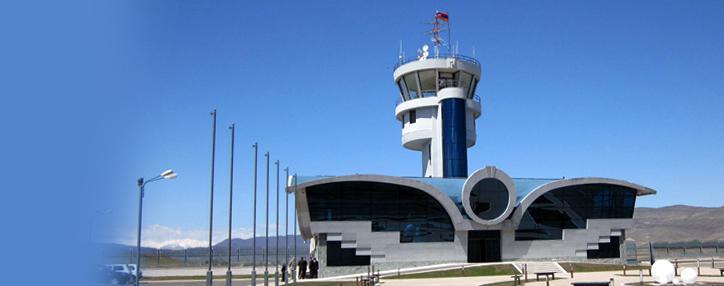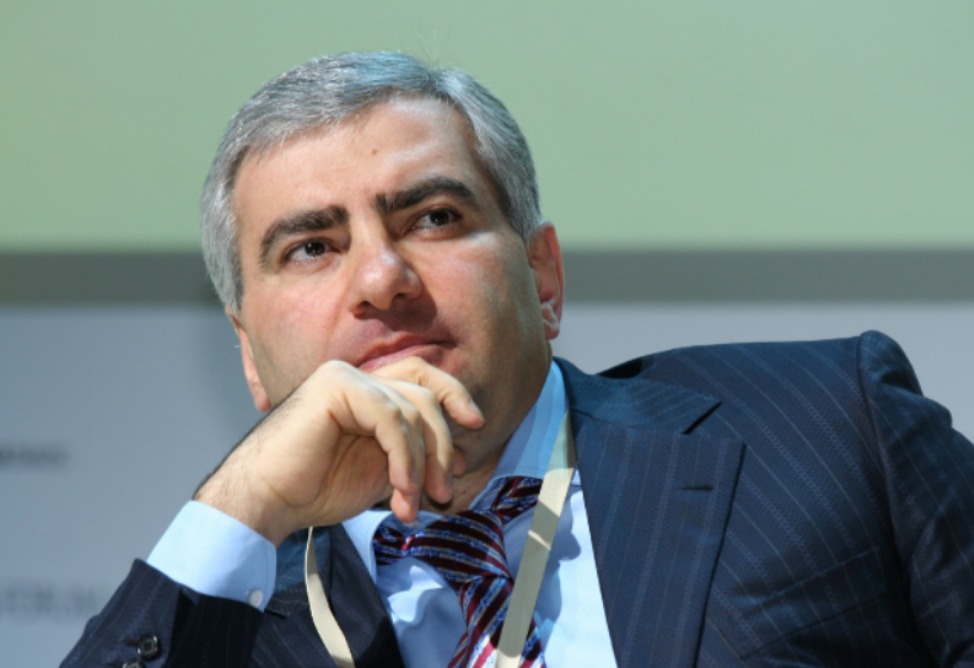Stepanakert Airport opening scandal is falsely inflated- Kazimirov
29.11.2012,
15:02
The scandal around Stepanakert Airport opening is being falsely inflated, said the former Russian co-chairman of the OSCE Minsk Group (1992-1996) Vladimir Kazimirov, Novosti-Armenia reports Thursday.

YEREVAN, November 29. /ARKA/. The scandal around Stepanakert Airport opening is being falsely inflated, said the former Russian co-chairman of the OSCE Minsk Group (1992-1996) Vladimir Kazimirov, Novosti-Armenia reports Thursday.
“Certainly, it is a falsely inflated scandal. If there is a need to regain something for Safarov, here we are- the airport. You can guess yourself who is instigating the scandal, it is difficult for me to decipher it,” he told the reporters on the sidelines of the international forum “Regional security dynamics in the South Caucasus.”
According to him, Stepanakert airport opening issue is ambiguous.
“On the one hand, it is necessary to consider the right for mobility of people as one of the natural rights, and any attempt to abuse it should be condemned. On the other hand, the process is taking place within the existing conflict,” he noted.
At present, Stepanakert airport is completely ready for operating flights. It was officially commissioned on October 1.
The new Stepanakert Airport will initially serve 100 passengers per hour, and passenger traffic will be carried out by Air Artsakh.
Flights, to Yerevan and back, in the initial phase will be implemented every other day and in the future along with the growing demand their frequency will grow. The airport will be able to operate flights to other destinations as well. The investments to construction of the airport totaled nearly $ 5 million.
However, the Azerbaijani State Civil Aviation Administration said that the planned Yerevan-Stepanakert flights would constitute an “invasion” of Azerbaijan’s internationally recognized airspace and that “taking corresponding measures in connection with that is inevitable.
But in a statement issued in July, the U.S., Russian, and French co-chairs of the OSCE Minsk Group said they “received renewed assurances from the sides that they will reject any threat or use of force against civil aircraft, pursue the matter through diplomatic steps, and refrain from politicizing the issue.”
The conflict in Nagorno-Karabakh broke out in 1988 after the predominantly Armenian-populated enclave declared about secession from Azerbaijan as Azerbaijan declared its independence from the Soviet Union and removed the powers held by the enclave's government, the Armenian majority voted in 1991, December 10, to secede from Azerbaijan and in the process proclaimed the enclave the Republic of Nagorno-Karabakh. Full-scale fighting, initiated by Azerbaijan, erupted in the late winter of 1992.
International mediation by several groups including Europe's OSCE’s failed to bring an end resolution that both sides could work with. In the spring of 1993, Armenian forces captured regions outside the enclave itself. By the end of the war in 1994, the Armenians were in full control of most of the enclave and also held and currently control seven regions beyond the administrative borders of Nagorno-Karabakh. Almost 1 million people on both sides have been displaced as a result of the conflict. A Russian- -brokered ceasefire was signed in May 1994 and peace talks, mediated by the OSCE Minsk Group, have been held ever since by Armenia and Azerbaijan. -0-



